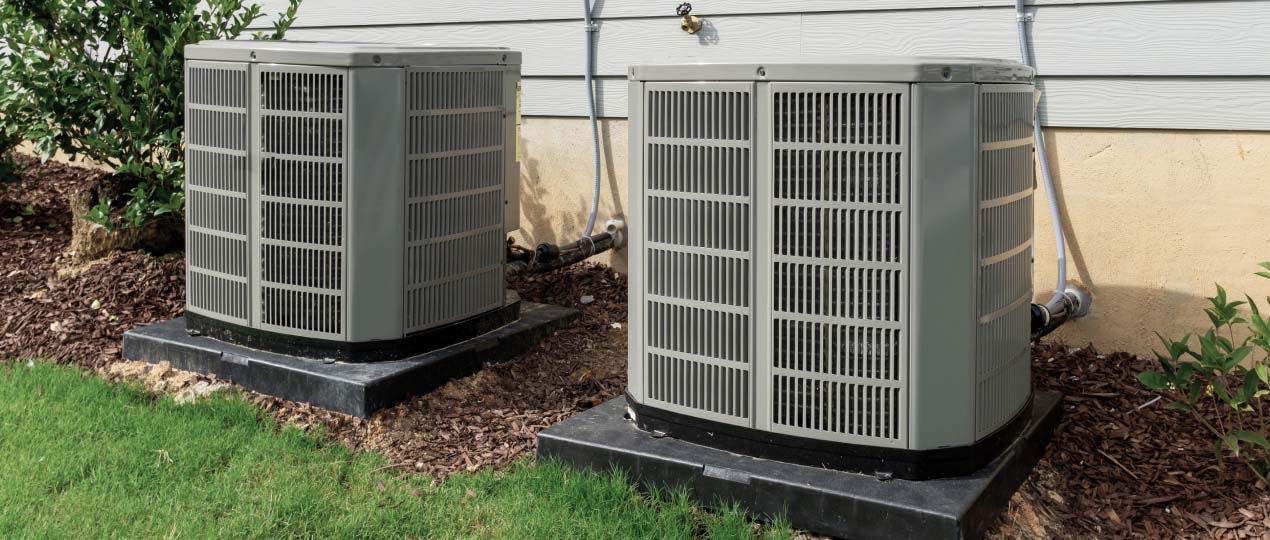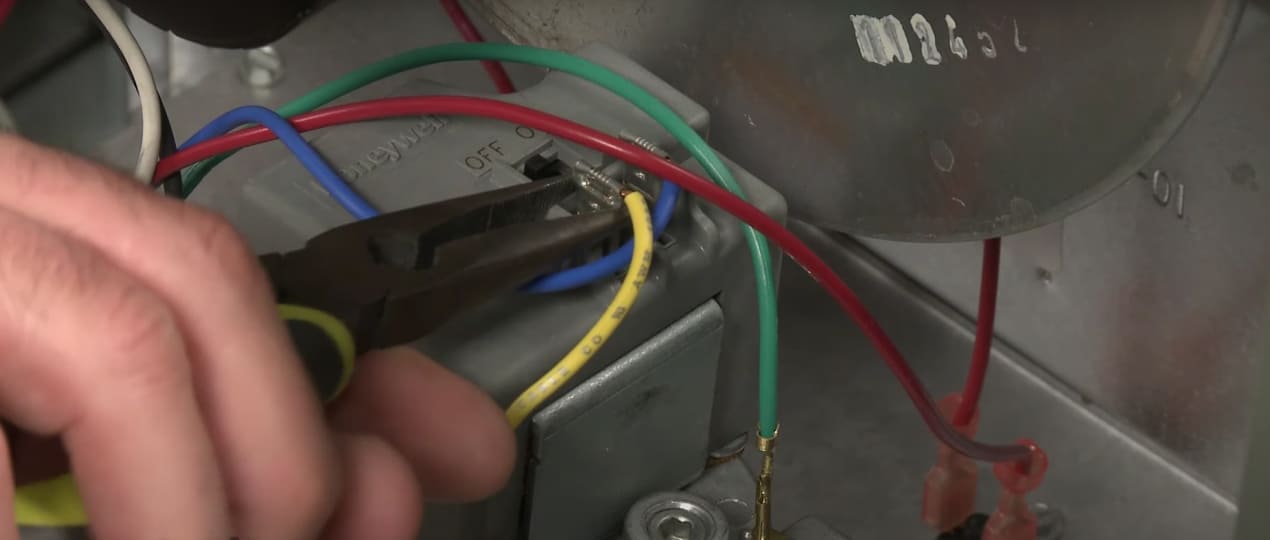
Efficient heating of your home is crucial for comfort and cost-effectiveness. When choosing between a heat pump and a gas furnace, several factors must be considered.
A heat pump is a device that transfers heat from one place to another by extracting heat from the air or ground, depending on the type. It runs on electricity and can provide heating and cooling for your home. On the other hand, a gas furnace burns natural gas to produce heat. It is a common heating system in many homes, especially in regions with harsh winters where gas is readily available.
Efficiency comparison
When it comes to home heating systems, the two main options are heat pumps and gas furnaces. Both have advantages in terms of efficiency, but heat pumps tend to provide greater energy and cost savings over time.
- Energy efficiency Heat pumps are known for their high energy efficiency, especially in temperate climates. They can produce up to three times more heat than they consume in electricity. Gas furnaces, while efficient, may not be as energy efficient as heat pumps, especially in regions with mild winters.
- Cost efficiency The initial cost of installing a heat pump is often higher than that of a gas furnace. However, due to the higher efficiency and lower energy consumption, the long-term operating costs of a heat pump can be significantly lower.

Performance in different climatic conditions
- Heat pump performance Heat pumps work best in temperate climates, where temperatures rarely drop below freezing. In colder climates, they may have difficulty extracting heat efficiently from the air or ground.
- Gas furnace performance Gas furnaces are ideal for cold climates, providing stable and reliable heat even at low temperatures. They are less affected by fluctuations in outside temperature than heat pumps.
Environmental impact
When choosing a home heating system, it is important to consider the potential environmental impact.
- Heat pump environmental impact Heat pumps are considered to be more environmentally friendly than gas furnaces because they do not burn fossil fuels on site. However, their overall environmental impact depends on the source of electricity in your area.
- Gas furnace environmental impact Gas furnaces emit carbon dioxide and other greenhouse gases during combustion, contributing to air pollution and climate change.
Maintenance and lifespan
When choosing a heating system, it is important to take into account the maintenance requirements and the typical service life of the equipment.
- Heat pump maintenance To ensure optimal performance, heat pumps require regular maintenance, including filter cleaning, heat exchanger inspection, and refrigerant checks. With proper care, they can last up to 15 years or more.
- Gas furnace maintenance Gas stoves also require regular maintenance, including filter changes, burner cleaning, and safety checks. With proper maintenance, they can last from 15 to 20 years.
Our team can solve any problem, guaranteeing a long-lasting result.
Order the best specialist in Canada Now (866) 545-6460






